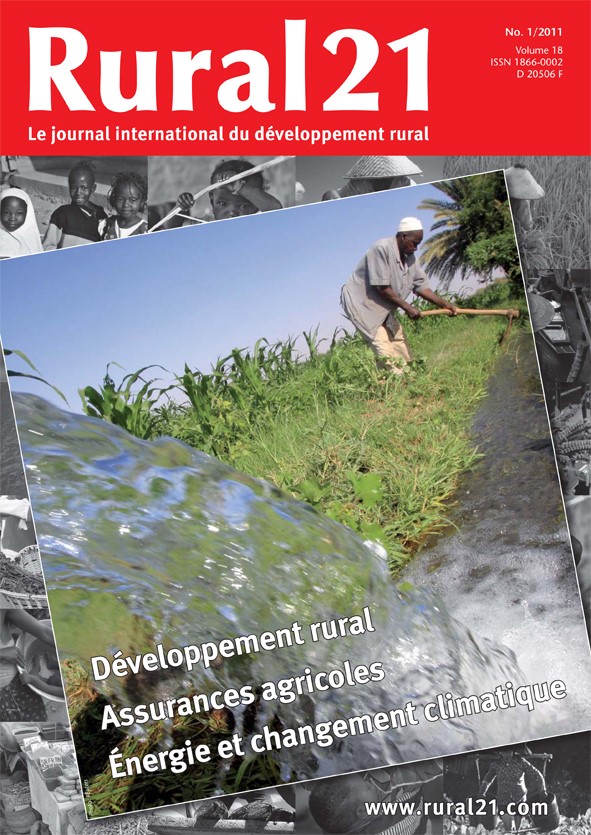Do we need to worry about water in the Amazon?
The economy of the Amazon region relies heavily on water for transport and livelihoods. Important also for the regional water cycle, the Amazon ecosystems are threatened by climate change, although there is little knowledge about the likelihood of adverse events and potentially related vulnerabilities. Therefore research and building up capacities for collective action are cornerstones of adaptation to climate change. Since 2008, strategic policy approaches have emerged. The region has only started to prepare itself for the things to come.



